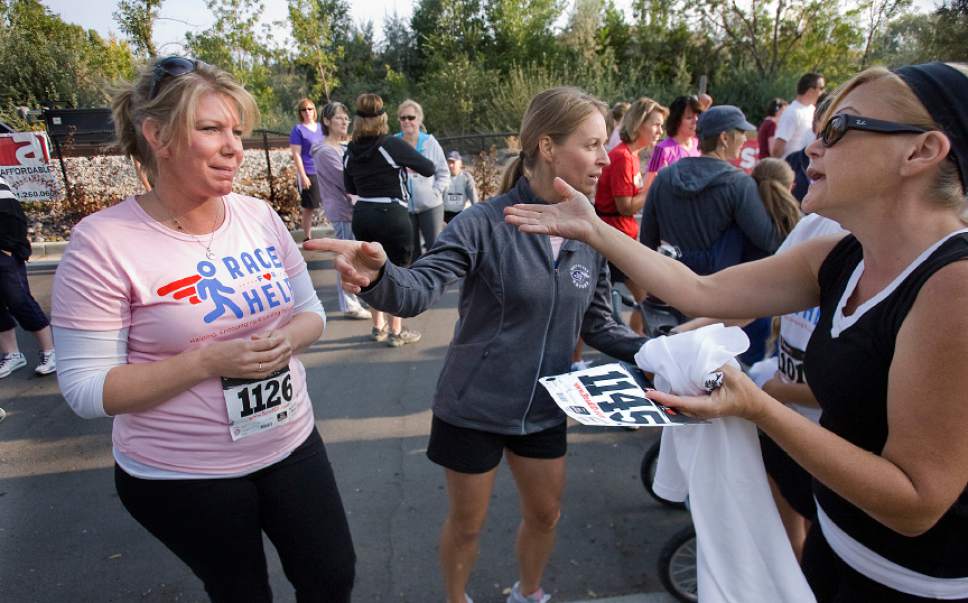This is an archived article that was published on sltrib.com in 2016, and information in the article may be outdated. It is provided only for personal research purposes and may not be reprinted.
In a sign that it is interested in the case, the U.S. Supreme Court has asked the Utah Attorney General's Office to respond to an appeal from the polygamists who were the stars of the television show "Sister Wives."
Dan Burton, a spokesman for the attorney general's office, confirmed Tuesday that the court has asked for the response. The notice arrived last week, Burton said, and the office's brief is due by Nov. 25.
Numerous Utah cases are appealed to the U.S. Supreme Court, Burton said, and the attorney general typically does not offer a response until the court requests one.
While the request means the appeal from the Brown family has survived one phase of the court's screening process, it is no guarantee the justices will hear oral arguments in the case. The Supreme Court website says it receives 7,000 to 8,000 appeals a year and hears about 80 of those.
"I would say that the chances still aren't any better than 10 percent at this point," said Troy Booher, an appellate attorney at the law firm Zimmerman, Jones and Booher, and who also is a clinical professor of law at the University of Utah. "But still, it's a significant hurdle to have cleared."
It may be tougher than normal for the Browns to have their case heard, Booher said. Four justices need to vote in favor of reviewing the case. The Supreme Court has had only eight justices since the death of Antonin Scalia in February.
The appeal has been filed by the Brown family — husband Kody and his wives Meri, Janelle, Christine and Robyn. They have worshiped in the Apostolic United Brethren, also known as the Allred Group.
"Sister Wives," a reality television show about the family debuted in 2010 while the family was living in Lehi. The show prompted complaints to Lehi police, who investigated the family for violating Utah's bigamy statute.
The statute makes it a crime if someone "knowing he has a husband or wife or knowing the other person has a husband or wife ... purports to marry another person or cohabits with another person." The offense is a third-degree felony, which is punishable by up to five years in prison.
The Utah County Attorney's Office eventually decided not to file charges. The Browns moved to Las Vegas during the investigation. The family in 2011 filed a lawsuit claiming the investigation and the statute unfairly targeted polygamists, and that the state did not investigate cases of other spouses cohabitating with partners.
The attorney general's office, while acknowledging a policy of not prosecuting polygamists for bigamy alone, has argued polygamy is harmful to women and children and that the state has an interest in discouraging its practice.
In December 2013, U.S. District Court Judge Clark Waddoups struck down the polygamy portion of the bigamy statute. Then, earlier this year, the 10th Circuit Court of Appeals overturned the ruling, saying the lawsuit was moot because the Browns were never prosecuted.
The case is titled Brown v. Buhman for the family and Utah County Attorney Jeff Buhman.
Twitter: @natecarlisle



